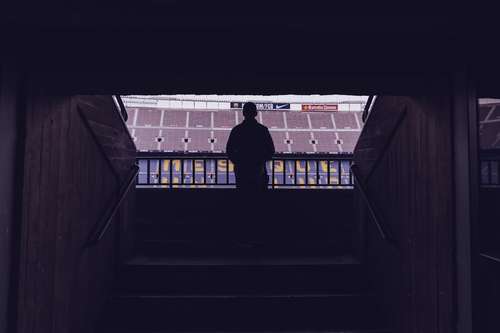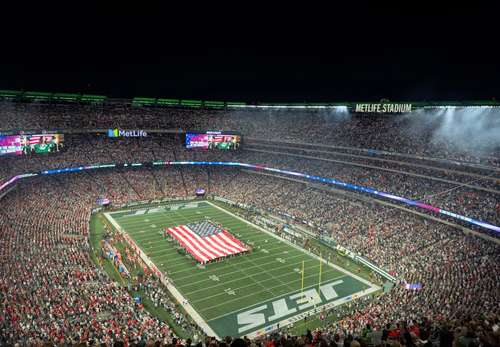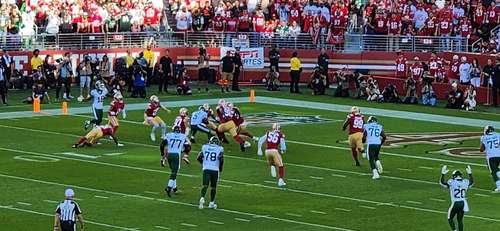FIFA has announced discussions regarding implementing a revolutionary rule - introducing blue cards.
The International Football Association Board (IFAB), the authoritative body governing the sport's laws, is slated to deliberate on this change during its Annual General Meeting (AGM) scheduled for March 2.
FIFA Statement on Blue Cards and Their Trial
Reports circulating about IFAB contemplating the trial of blue cards to suspend players for cynical fouls temporarily have created a buzz within the football community.
As per The Telegraph, the blue card is seen to join the ranks of the traditional yellow and red cards, temporarily removing a player from the field for 10 minutes.
A facet of this proposed rule is that if a player accumulates a second blue card, they would receive a red card, resulting in dismissal from the game.
FIFA, however, has clarified that any trials involving blue cards will not occur at the elite level of the sport.
In a statement released on Friday, FIFA emphasized the importance of responsibly testing the blue card at lower levels, setting the stage for potential changes in the game's future dynamics.
The upcoming AGM on March 2 is expected to be a pivotal moment, where FIFA will articulate the need for cautious experimentation, just like other new football rules, before any widespread implementation.
Unveiling Blue Cards: What to Expect
The Genesis of Blue Cards: Not Exclusive to Football
Blue cards, if introduced, would not mark a unique phenomenon in the world of sports.
Other sports, such as field hockey and rugby, have long-established rules for temporarily suspending players from the field for fouls based on the referee's assessment of the infraction's severity.

The IFAB's AGM next month will unveil the details of the blue card rule, which has already been tested in amateur leagues in England and Wales.
In these trials, a player who receives a blue card is suspended from play for 10 minutes.
Interestingly, if the same player garners another blue card after returning from suspension, they are subsequently shown a red card and ejected from the match.
Should this innovative rule come to fruition, it would mark the first introduction of a new card to the sport since the inception of yellow and red cards during the 1970 World Cup.
Notably, no players were sent off during that tournament, and the yellow and red cards have since become integral components of football at all levels.
The Implications and Potential Impact of Blue Cards
The announcement of blue cards has triggered speculation about the profound effects this rule could have on the current football system.
While familiar in sports like field hockey, the concept of temporary suspensions for fouls would represent a paradigm shift for football.
1. Redefining Player Accountability
One of the key aspects of blue cards is their potential to redefine player accountability on the field.
Temporary suspension as a threat can deter cynical fouls, promote cautious actions, fair play, and reduce unsportsmanlike conduct.
2. Learning from Other Sports
As football contemplates the adoption of blue cards, there is an opportunity to learn from the experiences of other sports where similar systems are already in place.
With their established sin-bin mechanisms, field hockey and rugby offer valuable insights into how temporary suspensions can shape player behavior and contribute to a more disciplined game.
Grassroots Testing: A Crucial Step
Testing blue cards at lower levels of the sport allows FIFA and IFAB to evaluate their practicality and impact in a controlled environment.
This phased approach aligns with FIFA's commitment to responsible experimentation and ensures that any potential changes to the game are well-considered and thoroughly tested.
The proposed introduction of blue cards marks a significant juncture in the evolution of football rules.
As the footballing community eagerly awaits the outcomes of the IFAB's AGM on March 2, the potential for a new era in player discipline and match dynamics looms on the horizon.
The discussion around blue cards invites football fans to contemplate the impact of this innovative rule, prompting a broader conversation about the future of the beautiful game.




